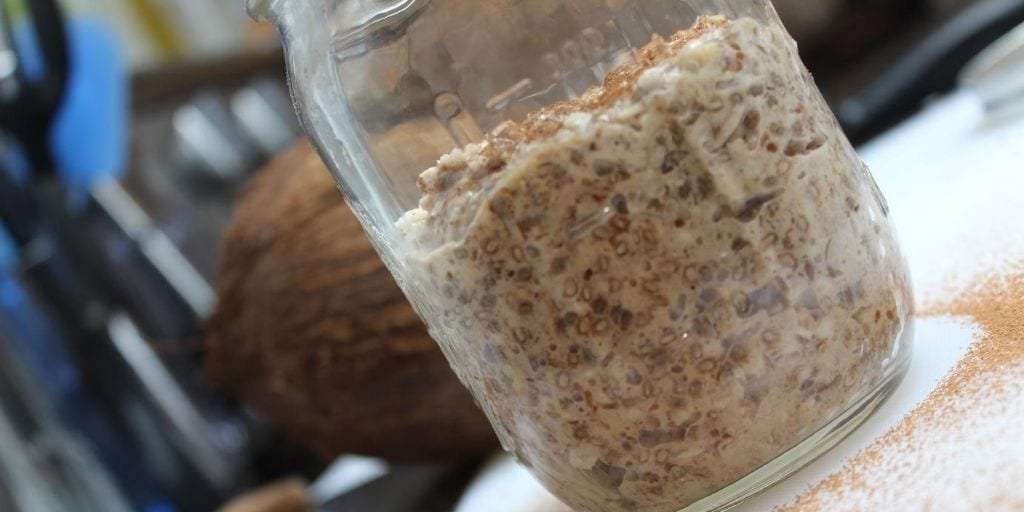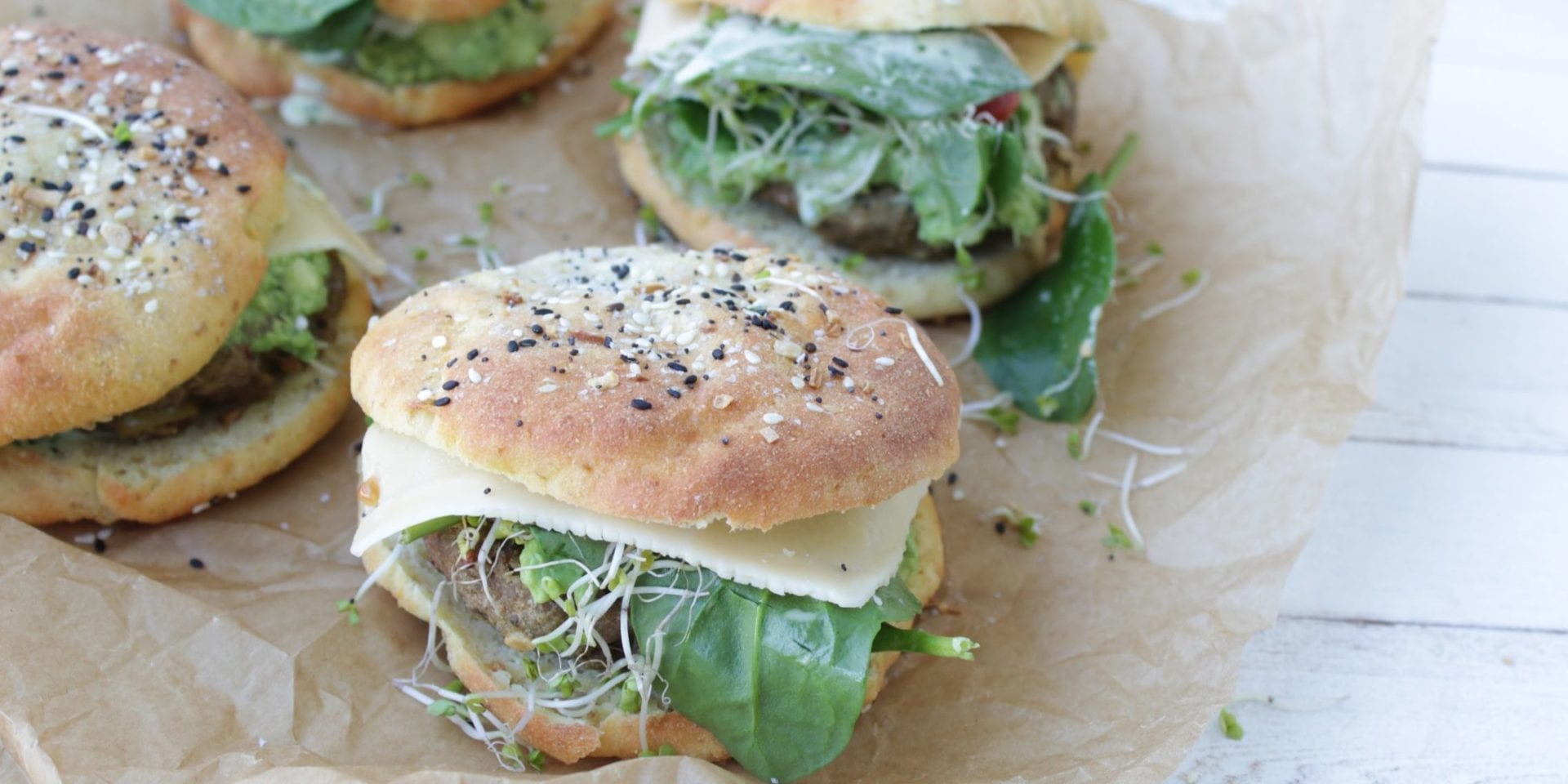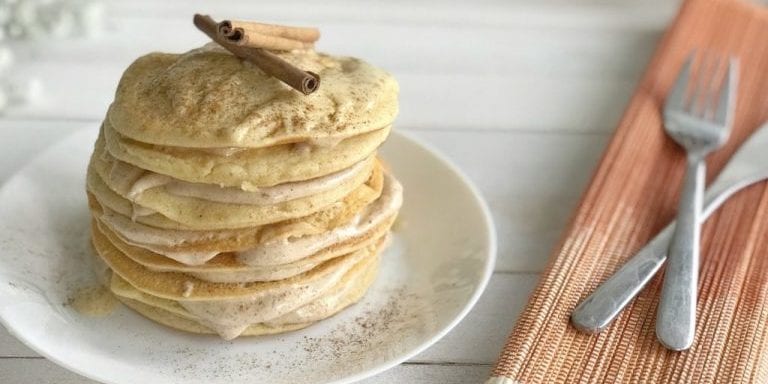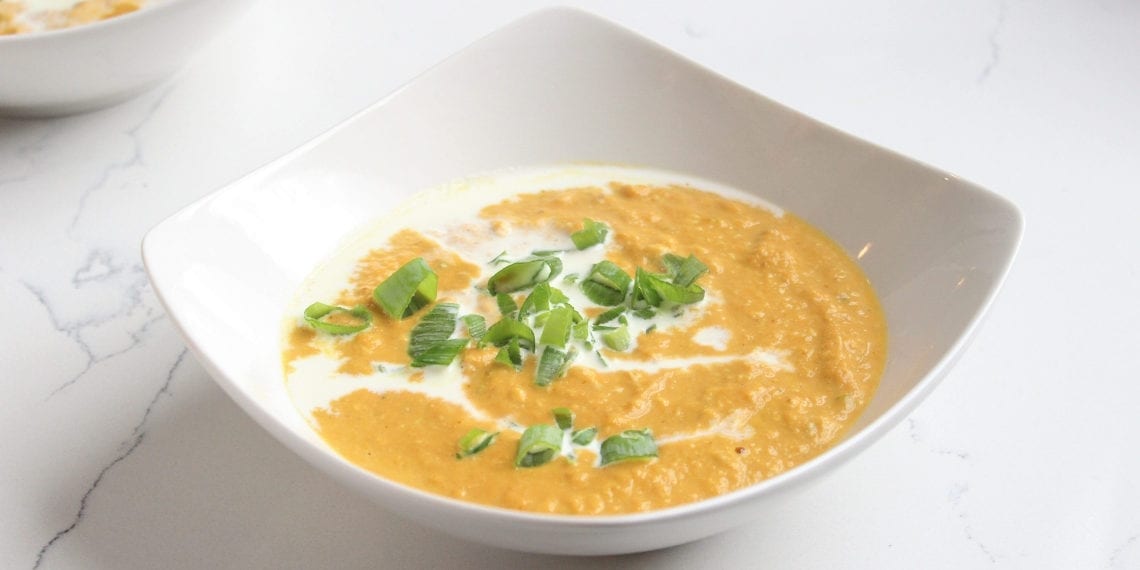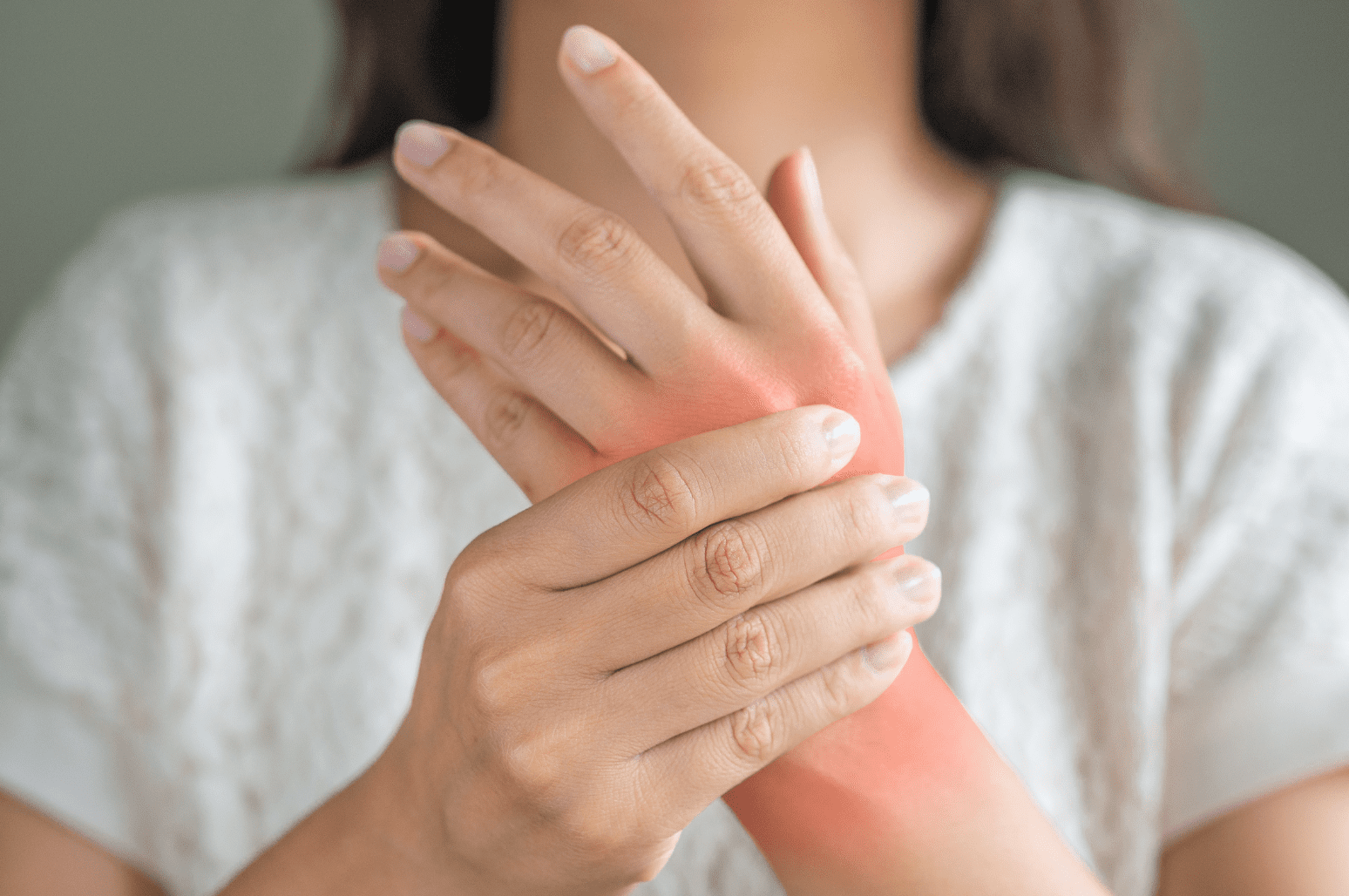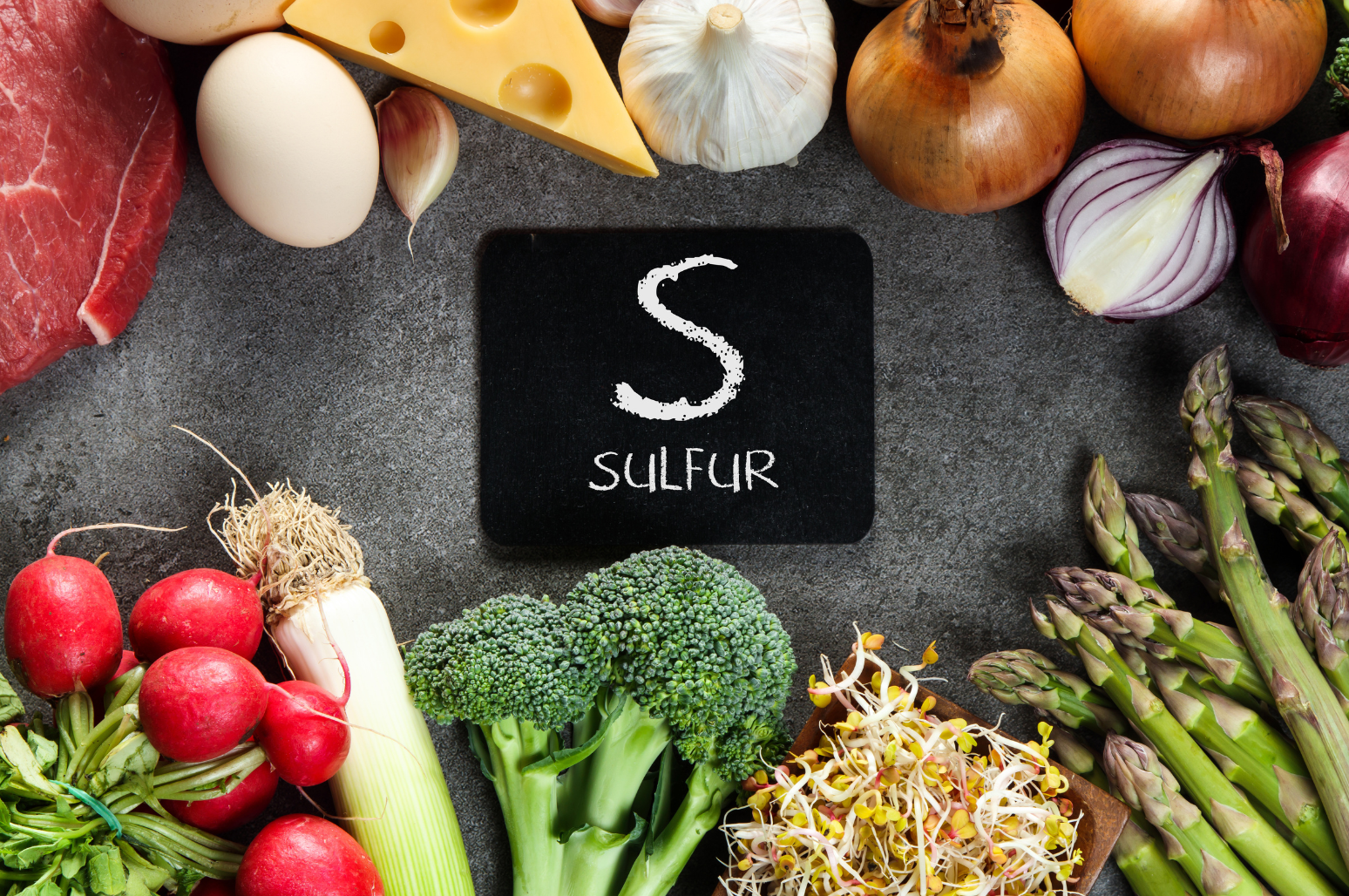
From flax to chia and hemp, seeds are a popular and versatile snack on keto. Seeds aren’t just crunchy and delicious; they’re also packed with nutrition and deliver a range of health benefits. Seeds contain the starting materials needed to develop into complex plants, making them especially nutritious. Seeds are rich in fiber, monounsaturated and polyunsaturated fats, and various important vitamins, minerals, and antioxidants.
Let’s discuss six seeds you should have on keto!
1. Flax Seeds
Flaxseeds or linseeds are an excellent source of fiber and omega-3 fats like alpha-linolenic acid (ALA). It’s best to consume ground flaxseeds to increase your omega-3 levels because the omega-3 fats are contained within the fibrous outer shell of the seed, which isn’t easily digestible to humans. Flaxseeds provide manganese, magnesium, and thiamine (vitamin B1), along with a range of different polyphenols that act as important antioxidants in the body [1] [2] [3].
All of these factors could be the reason why flaxseeds have been shown to reduce cholesterol and blood pressure and improve heart health [4] [5] [6] [7].
Try one of these keto recipes starring flax seeds:
2. Chia Seeds
Like flax seeds, chia seeds are also a great source of omega-3 fats and fiber, along with other nutrients. Chia seeds contain magnesium, manganese, and thiamine (vitamin B1) and important antioxidant polyphenols. Several studies have revealed that chia seeds can increase ALA in the blood — a beneficial omega-3 fatty acid that can lower inflammation. Your body converts ALA into other omega-3 fats like DHA, but many experts point out that this conversion process isn’t very efficient.
Chia seeds might help lower blood sugar and reduce appetite. Some studies also reveal that consuming chia seeds can reduce the risk factors for heart disease [8] [9] [10] [11] [12].
Did you know chia seeds also work well as a binder in baking recipes? Try one of these tasty chia seed recipes:
3. Hemp Seeds
Many vegetarians choose hemp seeds as a source of protein. Studies show the quality of protein in hemp seeds is superior to most other plant protein sources. Hemp seeds provide zinc, magnesium, thiamine (vitamin B1), and gamma-linolenic acid — a beneficial anti-inflammatory fatty acid [13] [14].
Hemp seed oil might be advantageous for heart health and increase the amount of omega-3 fatty acids in the blood, which might also improve the symptoms of eczema [15] [16].
4. Sesame Seeds
Sesame seeds are common in Asian cuisine. In Western countries, sesame seeds are often transformed into a paste called tahini. Sesame seeds also have a wide nutrient profile providing copper, manganese, magnesium, and more. Sesame seeds are one of the best-known dietary sources of lignans — beneficial fiber-associated compounds.
Studies show your gut bacteria might convert the sesamin from sesame seeds into another type of lignan called enterolactone that can act like the sex hormone estrogen. Experts believe enterolactone might have a protective effect against breast cancer and heart disease [17] [18] [19]. Research shows sesame seeds might lower inflammation in those with osteoarthritis and other arthritic conditions [20].
Try these keto pretzels or this Asian baked chicken with sesame seeds and flavoring.
5. Pumpkin Seeds
Pumpkin seeds don’t just conjure up nostalgic feelings of fall; they’re also rich in plenty of nutrients like phosphorus, manganese, and magnesium. Pumpkin seeds are good sources of phytosterols — plant compounds that might help lower blood cholesterol [21] [22].
Studies show those with a higher intake of pumpkin and sunflower seeds have a significantly lower risk of breast cancer. Another study in children revealed that pumpkin seeds might lower the risk of bladder stones by lowering the amount of calcium present in urine. Pumpkin seeds might also improve urinary disorders like overactive bladder [23] [24] [25].
Check out these delicious recipes featuring pumpkin seeds or flavoring:
6. Sunflower Seeds
Sunflower seeds are rich in protein, vitamin E, and monounsaturated fats. Sunflower seeds contain fiber, manganese, and magnesium. These tasty little seeds might be linked with a reduction in inflammation in middle-aged and older people, which might help lower the risk of heart disease [26] [27].
Consuming sunflower seeds more than five times weekly has been associated with reduced levels of C-reactive protein (CRP) — a chemical involved in inflammation. Another study showed that postmenopausal women with type 2 diabetes that ate sunflower seeds experienced reduced LDL cholesterol and total cholesterol [28].
Do You Eat Tasty, Crunchy Seeds on Keto?
How do you prefer your seeds on keto? Do you prefer salty and roasted or raw and crunchy?
References
Austria, J. A., Richard, M. N., Chahine, M. N., Edel, A. L., Malcolmson, L. J., Dupasquier, C. M. C., & Pierce, G. N. (2008). Bioavailability of alpha-linolenic acid in subjects after ingestion of three different forms of flaxseed. Journal of the American College of Nutrition, 27(2), 214-221. DOI: 10.1080/07315724.2008.10719693
Patenaude, A., Rodriguez-Leyva, D., Edel, A. L., Dibrov, E., Dupasquier, C. M. C., Austria, J. A., Richard, M. N., Chahine, M. N., Malcolmson, L. J., & Pierce, G. N. (2009). Bioavailability of alpha-linolenic acid from flaxseed diets as a function of the age of the subject. European Journal of Clinical Nutrition, 63(9), 1123-1129. DOI: 10.1038/ejcn.2009.41
Self Nutrition Data. Seeds, Flaxseeds, Nutrition Facts & Calories. https://nutritiondata.self.com/facts/nut-and-seed-products/3163/2
Edel, A. L., Rodriguez-Leyva, D., Maddaford, T. G., Caligiuri, S. P., Austria, J. A., Weighell, W., Guzman, R., Aliani, M., & Pierce, G. N. (2015). Dietary flaxseed independently lowers circulating cholesterol and lowers it beyond the effects of cholesterol-lowering medications alone in patients with peripheral artery disease. Journal of Nutrition, 145(4), 749-757. DOI: 10.3945/jn.114.204594
Bloedon, L. T., Balikai, S., Chittams, J., Cunnane, S. C., Berlin, J. A., Rader, D. J., & Szapary, P. O. (2008). Flaxseed and cardiovascular risk factors: Results from a double blind, randomized, controlled clinical trial. Journal of the American College of Nutrition, 27(1), 65-74. DOI: 10.1080/07315724.2008.10719676
Kawakami, Y., Yamanaka-Okumura, H., Naniwa-Kuroki, Y., Sakuma, M., Taketani, Y., & Takeda, E. (2015). Flaxseed oil intake reduces serum small dense low-density lipoprotein concentrations in Japanese men: A randomized, double blind, crossover study. Nutrition Journal, DOI: 10.1186/s12937-015-0023-2
Khalesi, S., Irwin, C., & Schubert, M. (2015). Flaxseed consumption might reduce blood pressure: A systematic review and meta-analysis of controlled trials. Journal of Nutrition, 145(4), 758-765. DOI: 10.3945/jn.114.205302
United States Department of Agriculture. Seeds, Chia Seeds, Dried. https://fdc.nal.usda.gov/fdc-app.html#/food-details/170554/nutrients
Ho, H., Lee, A. S., Jovanovski, E., Jenkins, A. L., Desouza, R., & Vuksan, V. (2013). Effect of whole and ground Salba seeds (Salvia Hispanica L.) on postprandial glycemia in healthy volunteers: A randomized, controlled, dose-response trial. European Journal of Clinical Nutrition, 67(7), 786-788. DOI: 10.1038/ejcn.2013.103
Vuksan, V., Jenkins, A. L., Dias, A. G., Lee, A. S., Jovanovski, E., Rogovik, A. L., & Hanna, A. (2010). Reduction in postprandial glucose excursion and prolongation of satiety: Possible explanation of the long-term effects of whole grain Salba (Salvia Hispanica L.). European Journal of Clinical Nutrition, 64(4), 436-438. DOI: 10.1038/ejcn.2009.159
Vuksan, V., Choleva, L., Jovanovski, E., Jenkins, A. L., Au-Yeng, F., Dias, A. G., Ho, H. V. T., Zurbau, A., Duvnjak, L. (2017). Comparison of flax (Linum usitatissimum) and Salba-chia (Salvia hispanica L.) seeds on postprandial glycemia and satiety in healthy individuals: A randomized, controlled, crossover study. European Journal of Clinical Nutrition, 71(2)m 234-238. DOI: 10.1038/ejcn.2016.148
Toscano, L. T., Da Silva, C. S. O., Toscano, L. T., De Almeida, A. E. M., Santos, A. D. C., & Silva, A. S. (2014). Chia flour supplementation reduces blood pressure in hypertensive subjects. Plant Foods in Human Nutrition, 69(4), 392-398. DOI: 10.1007/s11130-014-0452-7
House, J. D., Neufeld, J., & Leson, G. (2010). Evaluating the quality of protein from hemp seed (Cannabis sativa L.) products through the use of the protein digestibility-corrected amino acid score method. Journal of Agriculture and Food Chemistry, 58(22), 11801-11807. DOI: 10.1021/jf102636b
Da Porto, C., Decorti, D., & Natolino, A. (2015). Potential oil yield, fatty acid composition, and oxidation stability of the hempseed oil from four Cannabis sativa L. cultivars. J Diet Suppl, 12(1), 1-10. DOI: 10.3109/19390211.2014.887601
Rodriguez-Leyva, D., & Pierce, G. N. (2010). The cardiac and haemostatic effects of dietary hempseed. Nutrition & Metabolism, 7, 32, DOI: 10.1186/1743-7075-7-32
Callaway, J., Schwab, U., Harvima, I., Halonen, P., Mykkanen, O., Hyvonen, P., & Jarvinen, T. (2005). Efficacy of dietary hempseed oil in patients with atopic dermatitis. J Dermatolog Treat, 16(2), 87-94. DOI: 10.1080/09546630510035832
United States Department of Agriculture. Sesame Seed. https://ndb.nal.usda.gov/fdc-app.html#/food-details/512664/nutrients
Coulman, K. D., Liu, Z., Hum, W. Q., Michaelides, J., & Thompson, L. U. (2005). Whole sesame seed is as rich a source of mammalian lignan precursors as whole flaxseed. Nutr Cancer, 52(2), 156-165. DOI: 10.1207/s15327914nc5202_6
Adlercreutz, H. (2002). Phyto-oestrogens and cancer. Lancet Oncol, 3(6), 364-373. DOI: 10.1016/s1470-2045(02)00777-5
Haghighian, M. K., Alipoor, B., Mahdavi, A. M., Sadat, B. E., Jafarabadi, A., & Moghaddam, A. (2015). Effects of sesame seed supplementation on inflammatory factors and oxidative stress biomarkers in patients with knee osteoarthritis. Acta Med Iran, 53(4), 207-213.
United States Department of Agriculture. Pumpkin Seed. https://ndb.nal.usda.gov/fdc-app.html#/food-details/520029/nutrients
Phillips, K. M., Ruggio, D. M., & Ashraf-Khorassani, M. (2005). Phytosterol composition of nuts and seeds commonly consumed in the United States. Journal of Agriculture and Food Chemistry, 53(24), 9436-9445. DOI: 10.1021/jf051505h
Zaineddin, A. K., Buck, K., Vrieling, A., Heinz, J., Flesch-Janys, D., Linseisen, J., & Chang-Claude, J. (2012). The association between dietary lignans, phytoestrogen-rich foods, and fiber intake and postmenopausal breast cancer risk: A German case-control study. Nutr Cancer, 64(5)m 652-665. DOI: 10.1080/01635581.2012.683227
Suphakarn, V. S>, Yarnnon, C., & Ngunboonsri, P. (1987). The effect of pumpkin seeds on oxalcrystalluria and urinary compositions of children in hyperendemic area. American Journal of Clinical Nutrition, 45(1), 115-121. DOI: 10.1093/ajcn/45.1.115
Nishimura, M., Ohkwara, T., Sato, H., Takeda, H., & Nishihira, J. (2014). Pumpkin seed oil extracted from Cucurbita maxima improves urinary disorder in human overactive bladder. J Tradit Complement Med, 4(1), 72-74. DOI: 10.4103/2225-4110.124355
Self Nutrition Data. Seeds, Sunflower Seed Kernels, Dried. https://nutritiondata.self.com/facts/nut-and-seed-products/3076/2
Jiang, R., Jacobs, Jr. D., Mayer-Davis, E., Szklo, M., Herrington, D., Jenny, N. S., Kronmal, R., & Barr, R. G. (2006). Nut and seed consumption and inflammatory markers in the multi-ethnic study of atherosclerosis. Am J Epidemiology, 163(3), 222-231. DOI: 10.1093/aje/kwj033
Richmond, K., Williams, S., Mann, J., Brown, R., & Chisholm, A. (2012). Markers of cardiovascular risk in postmenopausal women with type 2 diabetes are improved by the daily consumption of almonds or sunflower kernels: A feeding study. ISRN Nutr, DOI: 10.5402/2013/626414


